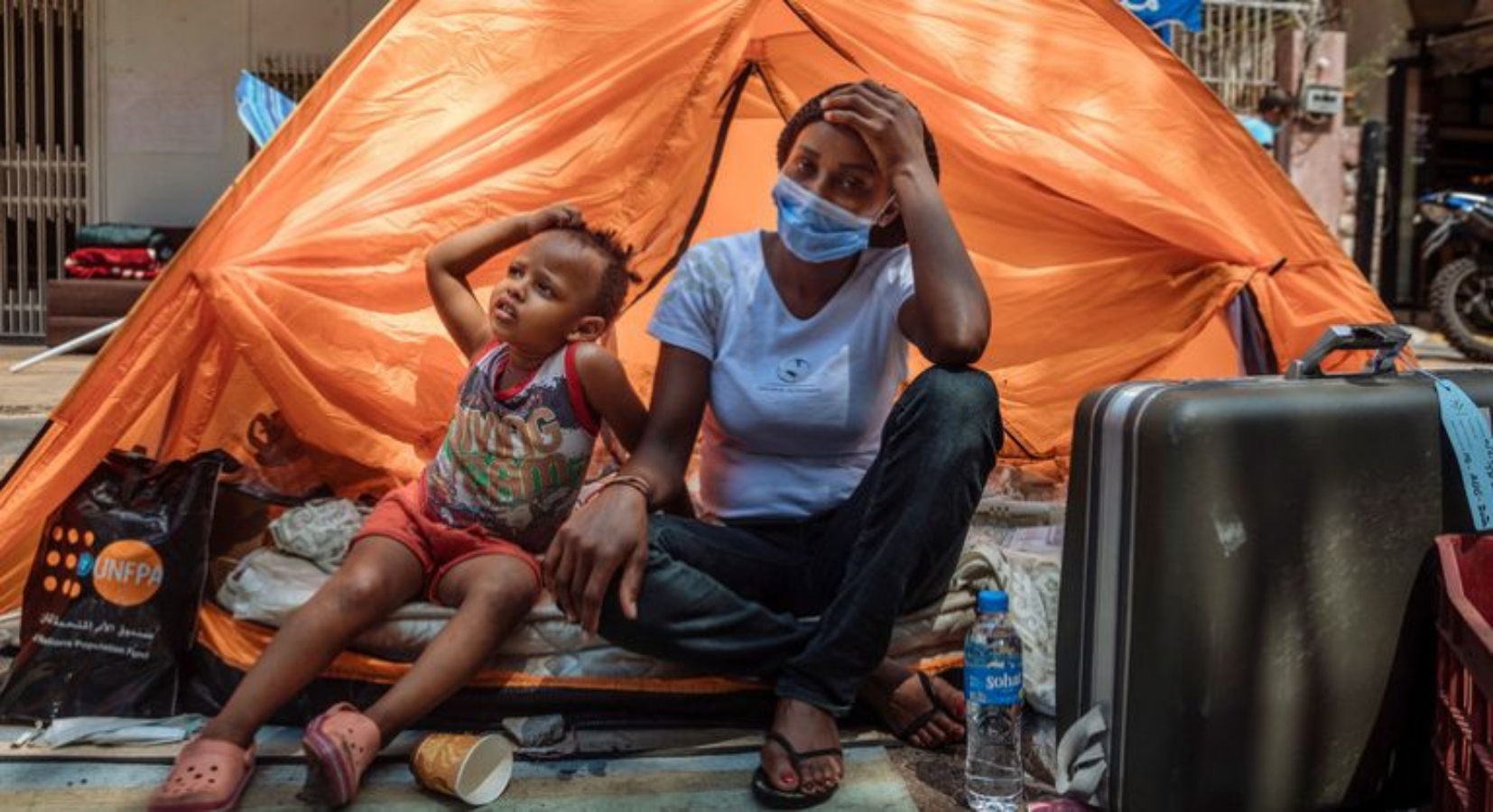
The expert group meeting “Navigating an insecure future” brought together experts to review recent research on economic insecurity, its drivers, and implications. Presentations by invited experts addressed several key questions: What is economic insecurity? Do trends and concerns differ between developed and in developing countries? How has the COVID-19 crisis affected insecurity so far? How has the role of work in providing security changed? What countries have done better at addressing insecurity?
Over the last decades, changes in the world of work, globalization, and technological breakthroughs have benefitted many people but have also created disruption and put others at a disadvantage. These long-standing trends are compounded by evolving threats, such as climate change and pandemics, which expose the precarity of many people’s lives and the large degree of risk and uncertainty embedded in today’s society. Public institutions, services, and social protection systems are struggling to adapt to rapidly changing needs.
The expert group meeting “Navigating an insecure future” brought together experts to review recent research on economic insecurity, its drivers, and implications. Presentations by invited experts addressed several key questions: What is economic insecurity? Do trends and concerns differ between developed and in developing countries? How has the COVID-19 crisis affected insecurity so far? How has the role of work in providing security changed? What countries have done better at addressing insecurity?
Documents
Presentations
Session I: The state of insecurity
- The state of economic insecurity Jacob Hacker, Yale University
- Insecurity, uncertainty and Covid-19 Lars Osberg, Dalhousie University
Session II: Assessing economic insecurity
- Approaches to defining and measuring insecurity around the world Conchita D’Ambrosio, University of Luxembourg
- The subjective experience of insecurity Andrew Clark, Paris School of Economics
Session III: Economic insecurity and the world of work
- Changes in the world of work: effects on security in developing countries Haroon Bhorat, University of Cape Town
- Employment insecurity, life satisfaction and the role of labour market and social policies Heejung Chung, University of Kent
- Implications of (growing) employment insecurity for social protection Christina Behrendt, Social Protection Department, ILO
Session IV: Political and social impacts of economic insecurity
- Health impacts of insecurity Lars Osberg, Dalhousie University
- Political impacts of economic insecurity Philipp Rehm, Ohio State University
Supplementary reading
- For Good Measure: Advancing Research on Well-being Metrics Beyond GDP Joseph Stiglitz, Jean-Paul Fitoussi and Martine Durand (eds.)
- Work for a Brighter Future. Global Commission on the Future of Work International Labour Organization
- ILO Centenary Declaration for the Future of Work International Labour Organization
- Subjective insecurity and the role of institutions. Heejung Chung and Steffen Mau
- The effect of job insecurity and employability on preferences for redistribution in Western Europe Paul Marx
- Labour market risks and political preferences: The case of temporary employment Paul Marx
- The insider-outsider divide and economic voting: Testing a new theory with German electoral data Paul Marx
- Let Them Eat Tweets: How the Right Rules in an Age of Extreme Inequality Jacob Hacker and Paul Pierson
- Insecure Alliances: Risk, Inequality, and Support for the Welfare State Philipp Rehm, Jacob S. Hacker and Mark Schlesinger
- Back to the 1960s? Education May Be Latin America’s Most Lasting Scar from COVID-19 Nora Lustig and Guido Neidhöfer and Mariano Tommasi
 Welcome to the United Nations
Welcome to the United Nations